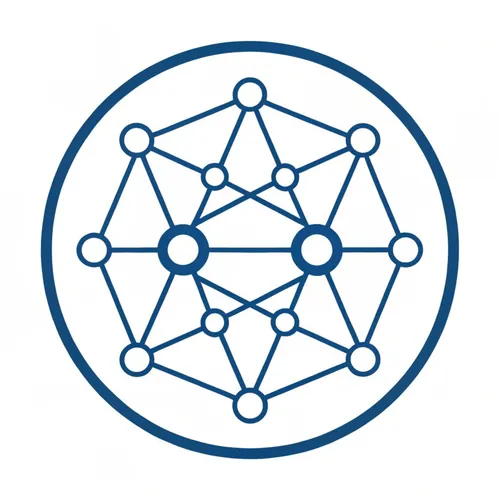Hierarchical Reasoning: Bigger Isn't Always Better
- Author
- Neural Intelligence Network
- Published
- Thu 04 Sep 2025
- Episode Link
- https://podcasters.spotify.com/pod/show/neuralintelpod/episodes/Hierarchical-Reasoning-Bigger-Isnt-Always-Better-e37m92i
The research introduces the Hierarchical Reasoning Model (HRM), a novel recurrent neural network architecture designed to address the limitations of current large language models (LLMs) in complex reasoning tasks. Inspired by the human brain's hierarchical and multi-timescale processing, HRM features two interdependent recurrent modules: a high-level module for abstract planning and a low-level module for rapid, detailed computations. This design allows HRM to achieve significant computational depth and outperform much larger, Chain-of-Thought (CoT) based LLMs on challenging benchmarks like Sudoku and maze navigation, all while requiring minimal training data and no pre-training. The paper also highlights HRM's use of hierarchical convergence to avoid premature convergence and an approximate one-step gradient for efficient training, demonstrating its potential as a significant advancement towards general-purpose reasoning systems.
